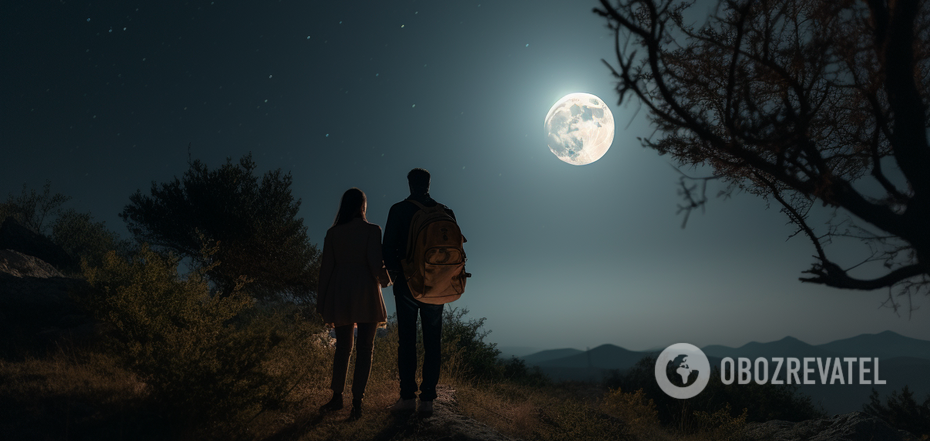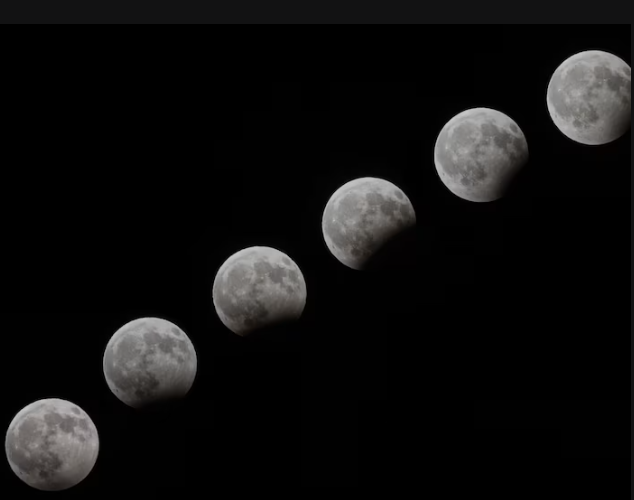News
Lunar eclipse at the end of March: exact time and date and where to see it
The spring eclipse corridor will begin on March 25. A lunar and a solar eclipse are linked: a solar eclipse can only occur when the Moon is at a node in its orbit, and nodes are the two points where the Moon's path in the sky crosses the path of the Sun. This cosmic phenomenon has fascinated and terrified mankind throughout history, and scientists have tried to track celestial movements to predict eclipses.
Scientists say that at the time of the deepest phase, the penumbra will reach 95.8% of the lunar disk. The National Geographic publication told us when and where the March eclipse will be visible.
Lunar eclipses occur about twice a year when the Sun, Earth, and Moon align so that the Moon falls into the Earth's shadow. There are three types of lunar eclipses: total eclipse or "blood moons", partial eclipse, and penumbral eclipse.
A penumbral lunar eclipse will take place on March 25, and a partial lunar eclipse on September 17. The former will be barely noticeable as the Moon will only move into the outer, weaker shadow of the Earth.
Astronomers say that penumbral eclipses are often invisible to the naked eye. However, in March, the Earth's shadow will cover 95% of the Moon's surface, so the chances of witnessing this event are quite high.
The Moon's orbit around the Earth is slightly tilted, and the satellite passes through the planet's cone-shaped shadow only at certain times. Because of this tilt, each eclipse can be seen at different times and from different places on Earth. Still, astronomers have noticed that lunar eclipses follow a long-term pattern called the Saros cycle, and any two eclipses separated by the same cycle have similar features over time.
Not every lunar eclipse completely covers the lunar disk. During a penumbral eclipse, the Moon passes through the brighter part of the Earth's shadow completely or partially, and we see a very slight effect.
The continents of North and South America are in the best position to see the spring lunar eclipse. Unfortunately, it will not be possible to observe the eclipse in Ukraine and Western Europe.
Subscribe to OBOZ.UA channels on Telegram and Viber to keep up with the latest events.




























